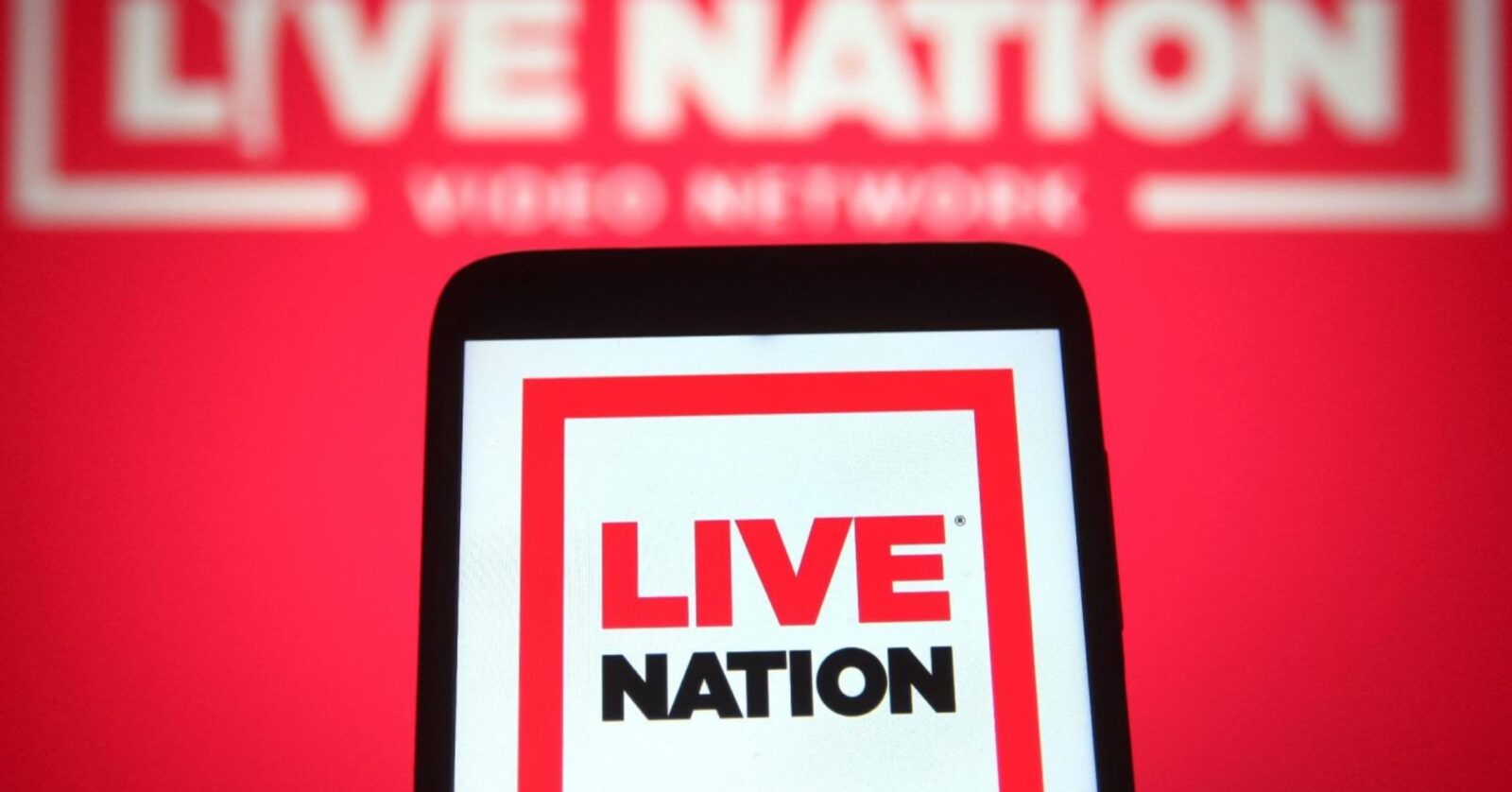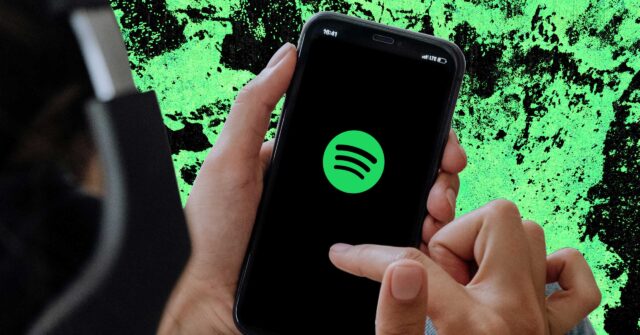Live Nation Wants Artists Contracts To Be Confidential Amidst US Senate Probe
More than 10,000 documents have already been submitted by Live Nation – and they are now seeking confidentiality protections before handing over any more to Senate investigators.

Credit: SOPA Images Limited / Alamy Stock Photo
In the US, Live Nation is currently in a standoff with a Senate subcommittee, led by Senator Richard Blumenthal, regarding the release of confidential documents such as emails, contracts, and memos detailing sensitive information that is related to artist compensation.
Despite Live Nation providing over 10,000 documents to investigators, the company now seeks confidentiality protections before disclosing more sensitive information. In response, Blumenthal has refused these conditions and issued a subpoena for the confidential documents on November 16. Live Nation plans to contest the subpoena in court –– anticipating a protracted legal battle if an agreement is not reached.
In a blog post, Live Nation’s in-house counsel, Dan Wall, stated, “It is only in a subpoena enforcement action [before a federal judge] that Live Nation can assert its rights to protect the confidentiality of this information.”
The demand for “confidentiality protections” is a routine practice, especially in legal proceedings and government investigations, as emphasized by Wall. However, he notes that the company is willing to provide more sensitive documents if the Permanent Subcommittee on Investigations (PSI) agrees to ensure confidentiality.
The news of Live Nation being investigated by the Department of Homeland Security and PSI surprised the music industry on November 20. The PSI, historically focused on national security matters, has shifted under Blumenthal’s leadership to consumer-oriented investigations, such as the proposed PGA and LIV Golf league merger, equity within Medicare Advantage, and sexual abuse in federal women’s prisons.
Blumenthal initiated the investigation into Live Nation in March, citing concerns about the company’s response to artificially inflated ticket demand driven by bots. In a letter to Live Nation CEO Michael Rapino, Blumenthal highlighted the investigation’s focus on the “failure to combat artificially inflated demand fueled by bots in multiple, high-profile incidents, which resulted in consumers being charged exorbitant ticket prices.”
The request for confidentiality may prove challenging, according to legal expert Andrew Olmem, who stated, “Any documents provided to Congress are always vulnerable to public disclosure.” He explains that while negotiating terms of document use is common, members of Congress and their staff are not liable for releasing confidential information as part of their legislative duties. As it stands, such a situation creates potential hurdles for Live Nation in safeguarding sensitive information during the investigation.



